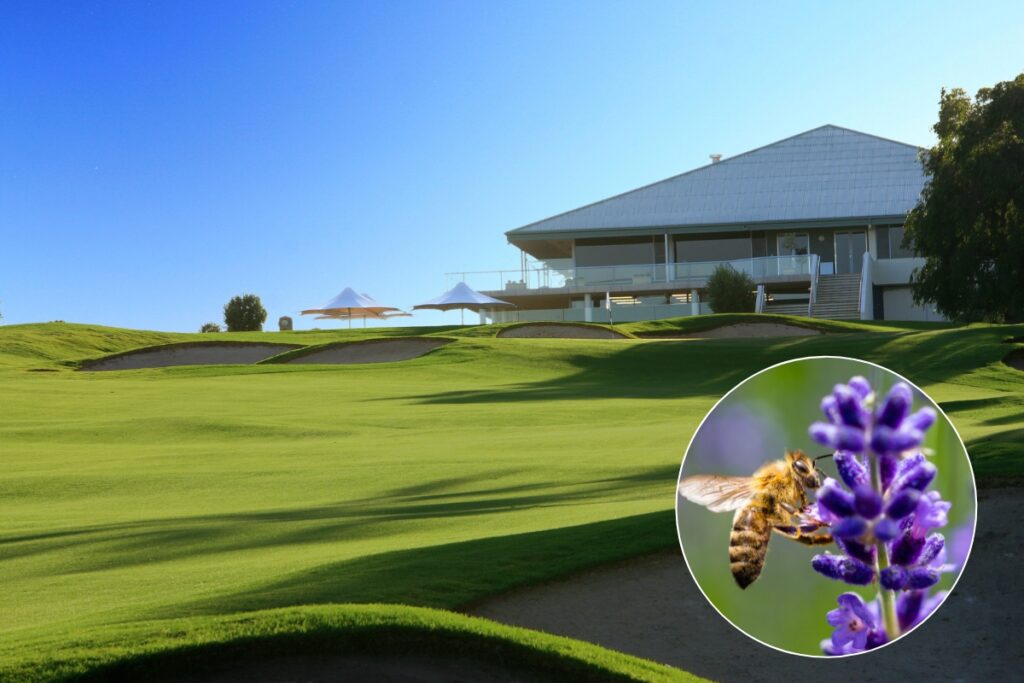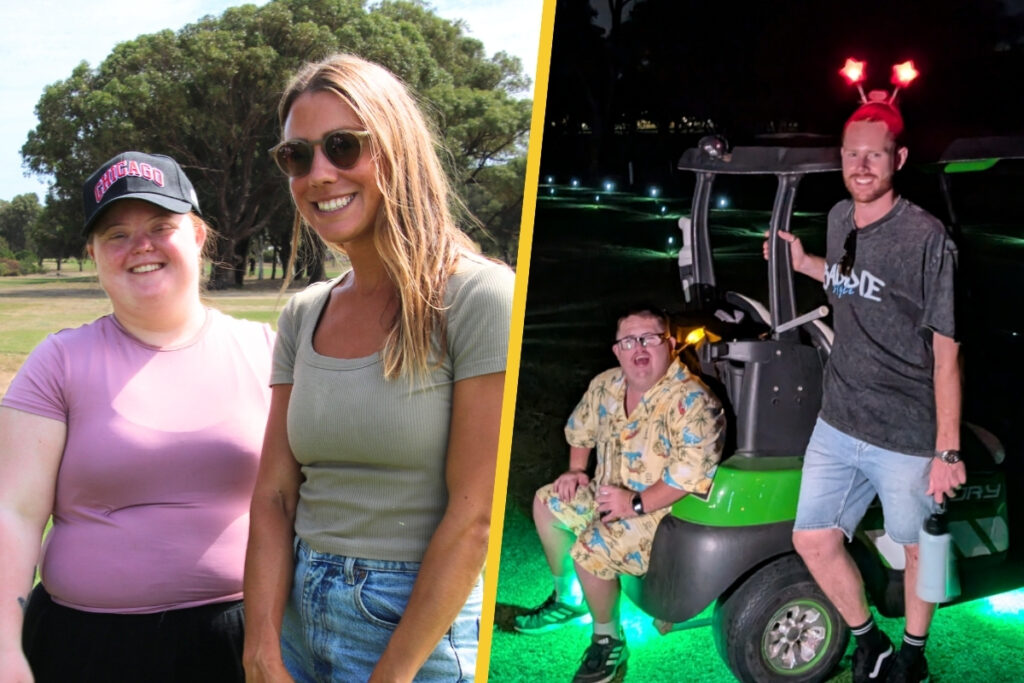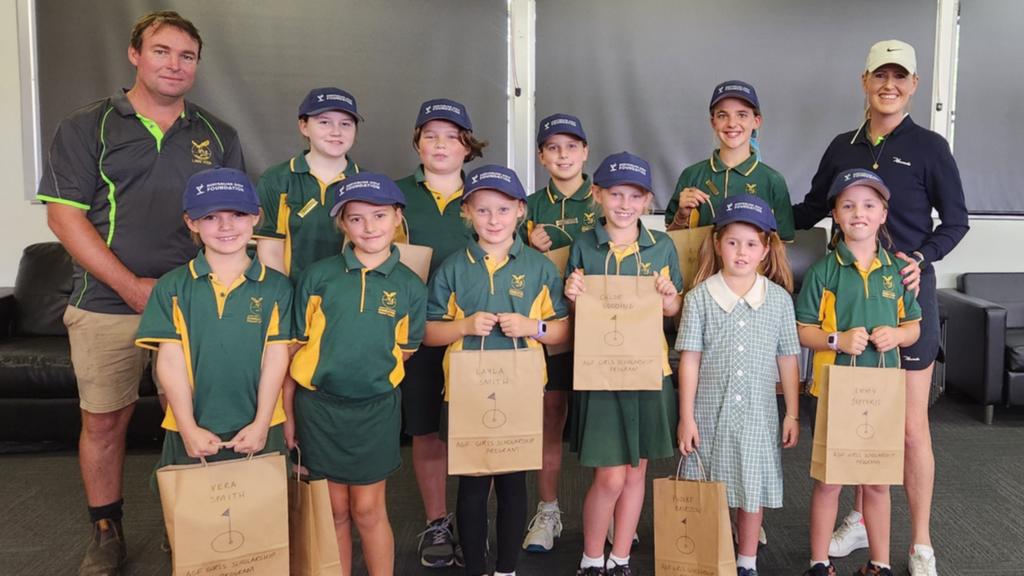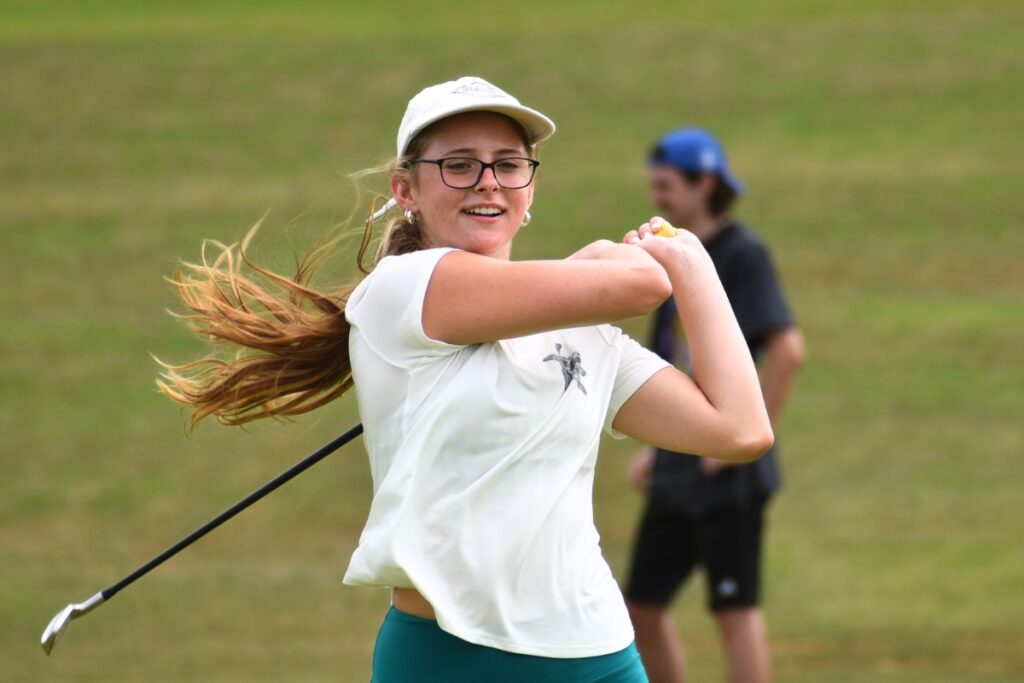Cottesloe Golf Club has installed several beehives as part of its efforts to improve the site’s health and sustainability, and provide a better environment for indigenous species.
Since the hives were introduced in recent months, seven bee colonies bees have been relocated to the course, which club CEO Tracey-Lea Tiley says will play an important role in restoring indigenous vegetation.
“The research that we’ve done is that bees are a really good indicator of your site health,” Tiley said. “We’ve been planting lots of tuart trees, peppermint trees, bottle brushes and things that have flowers in them that attract the bees. They are really going to help restore the site back to its best.
“A lot of courses have had well-meaning members plant things along the way, but have put in exotic plantings. We’ve got a real focus on wanting to restore the indigenous vegetation and just respect the sites.
“The work that we’ve been doing in that space has been really quite successful. We’ve got some little quendas (small endemic marsupial) that have now made home on the site as well, and we’ve had a return of black cockatoos.”
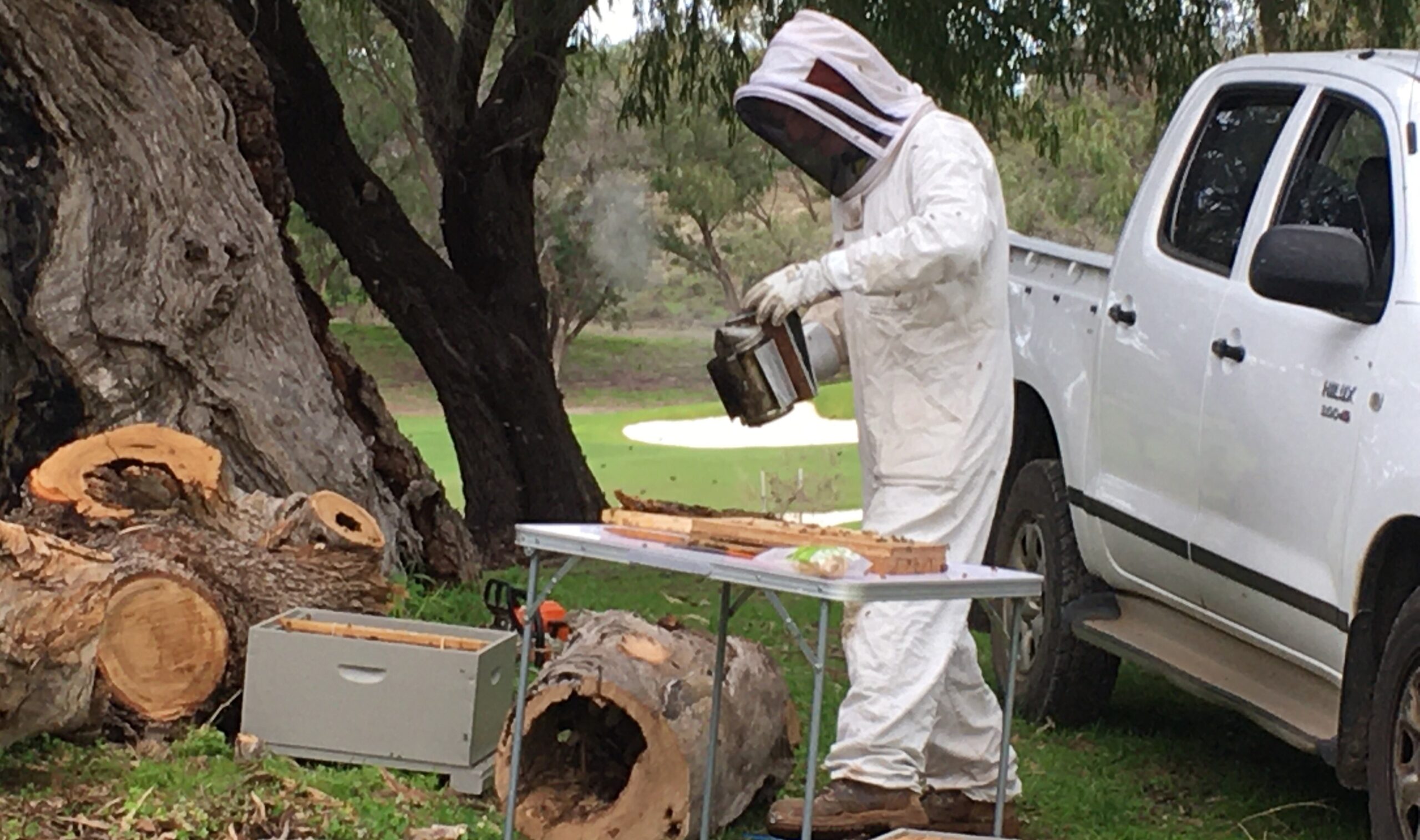
Seven colonies of bees have been relocated to the course after hives were installed in recent months
On top of helping improve the health of the land, another exciting prospect is honey, which Tiley says will have a very special connection to Cottesloe and the indigenous vegetation.
“The honey will be flavoured with peppermint trees. It’s supposed to be very good quality honey,” she added.
The honey will be made available to members and, where possible, used in the club kitchens. The hives, meanwhile, are located well away from the course’s drinking fountains for the safety of players and staff.
